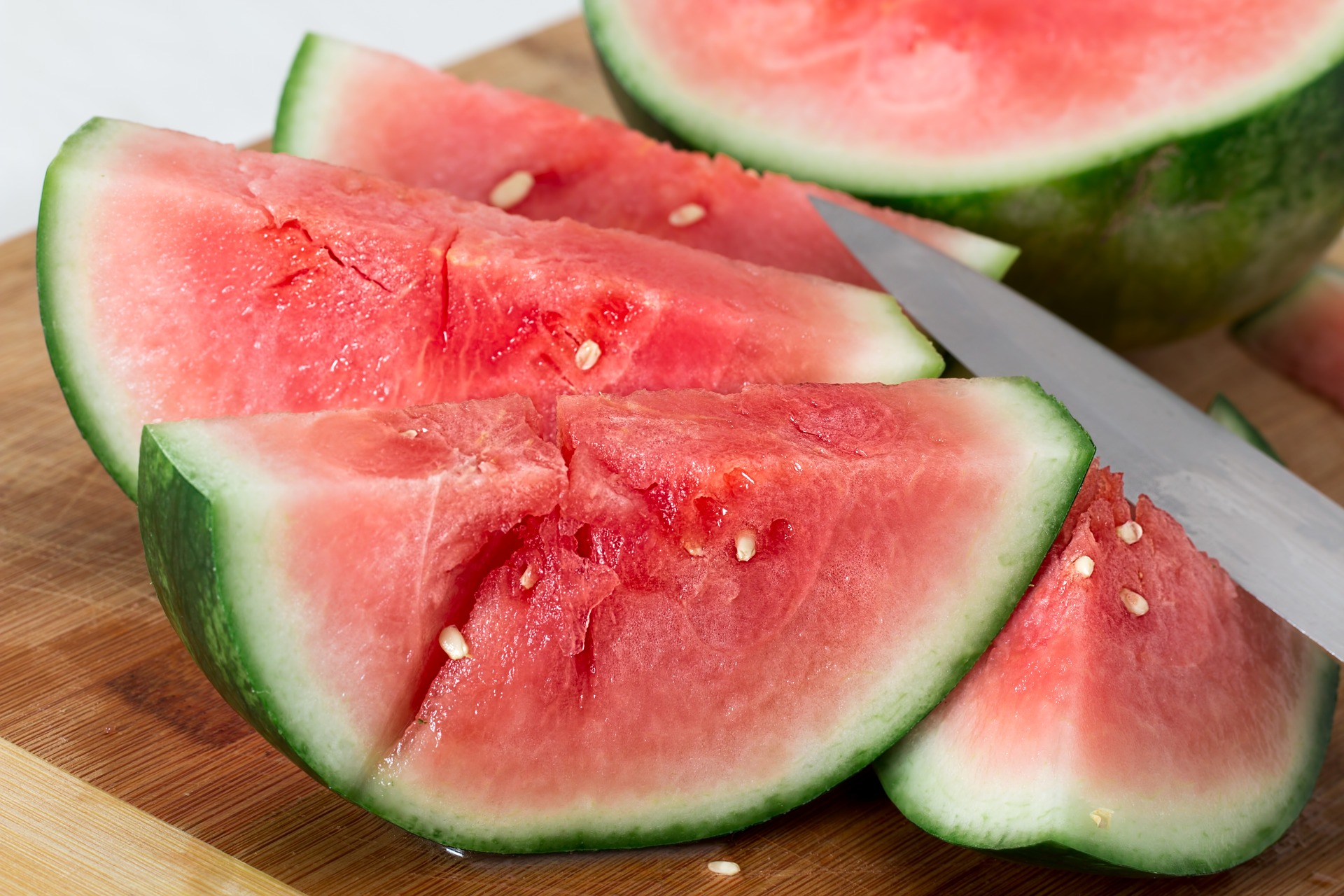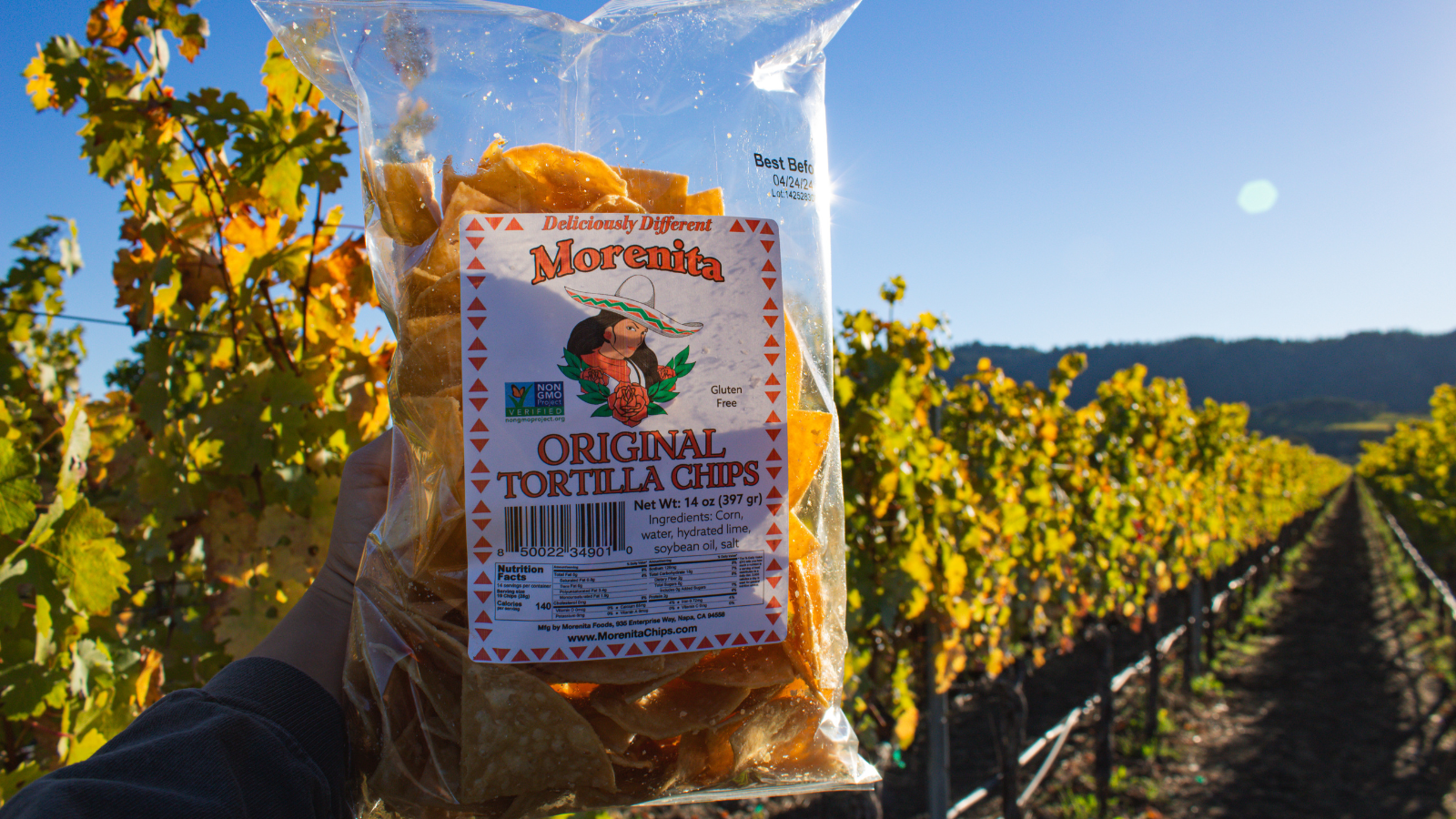Did you know over 70% of products on grocery store shelves contain GMOs? GMOs can have harmful impacts on our health and environment.
Read the GMO FAQ
Nearly a third of shoppers look for the Butterfly to avoid GMOs. Take the first step toward verification today.
Apply for Verification
Got an opinion about GMOs? Your voice matters! Submit a comment to help shape the most rigorous certification for GMO avoidance.
Submit a Comment








